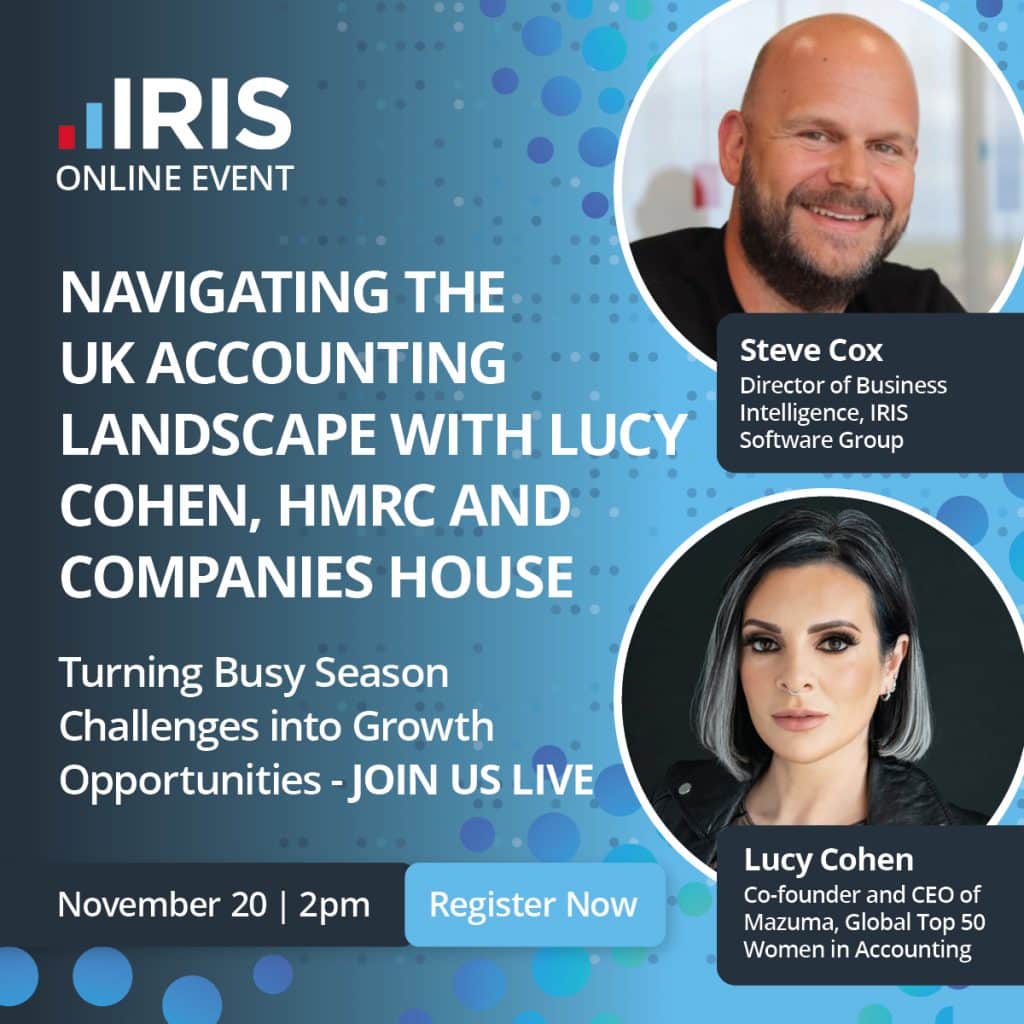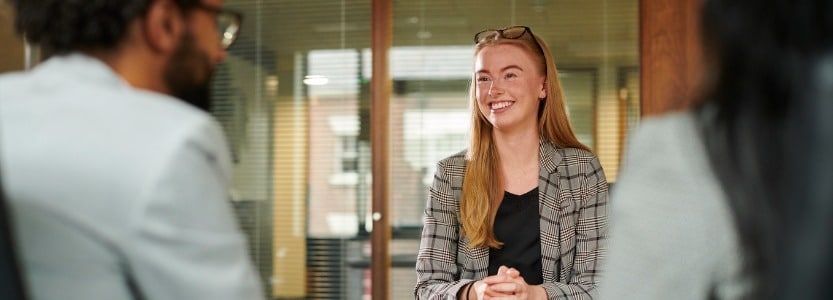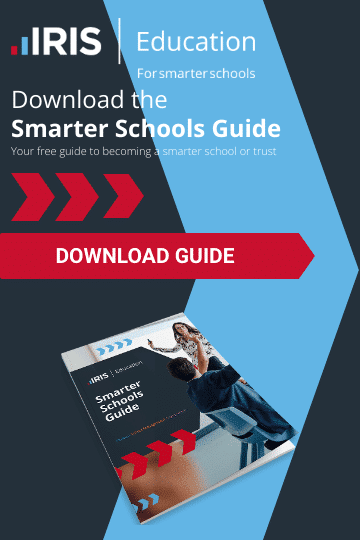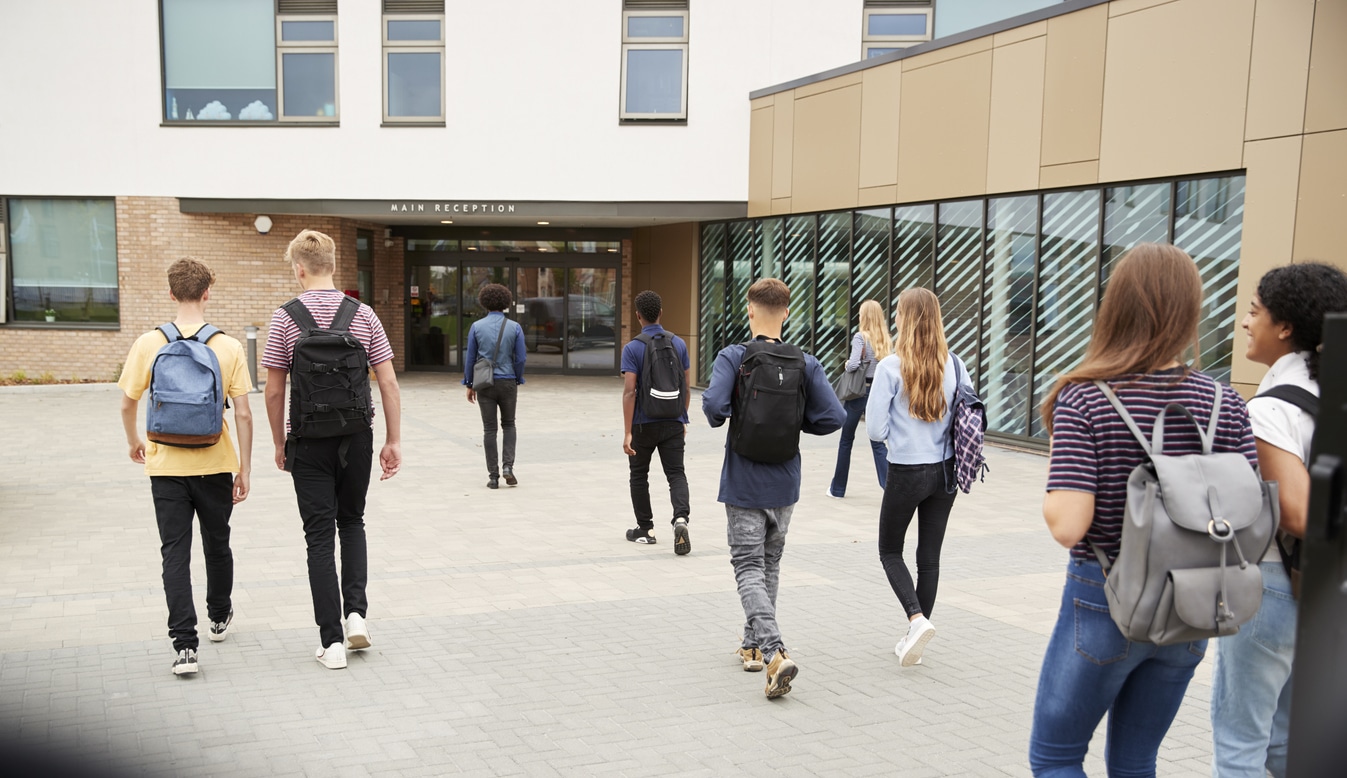BLOGS
Who is defined as a key worker and how can we educate our children at home?

On Friday 20th March 2020, nurseries, schools, sixth forms and colleges were ordered to shut their doors to help stop the spread of COVID-19. This unprecedented move was announced by the UK government just two days earlier as the country works to battle coronavirus.
There have been a couple of exceptions of children that can still attend school:
- Vulnerable children
- Those with a key worker parent
On Monday, figures were collected by the National Association of Head Teachers (NAHT) which suggested that in 94% of schools, no more than 20% of pupils were attending.
Key worker parents
Many were unclear exactly what a ‘key worker parent’ was defined as. The government has published clear guidelines on its website. These include:
• Frontline health workers such as doctors and nurses
• Some teachers and social workers
• Workers in key public services including those essential to the justice system, religious staff, and public service journalists
• Local and national government workers deemed crucial to delivering essential public services
• Workers involved in food production processing, distribution, sale, and delivery
• Public safety workers including police, armed forces personnel, firefighters, and prison staff
• Essential air, water, road, and rail transport workers
• Utilities, communication, and financial services staff, including postal workers and waste disposal workers
Vulnerable Children
The government has defined this as “children who are supported by social care, those with safeguarding and welfare needs, including child in need plans, on child protection plans, ‘looked after’ children, young carers, disabled children and those with education, health and care (EHC) plans.”
What happens now
With the country being told to follow strict social distancing or self-isolation guidelines, children should be kept at home with their parents and not left with grandparents, other family members, friends, or those with underlying health conditions.
Children should also be kept apart from other children (not including their siblings in the same household) to help prevent the virus spreading and should observe the same social distancing principles as adults.
Educating at home
For many parents, having their children at home is an unusual scenario. But fear not – there are many educational tools available to help keep your children learning and occupied, which can really come in handy if you as a parent are working from home.
Many schools prepared for the shutdown and produced home-education packs, but some helpful online celebrity resources are:
• ‘The Body Coach’ Joe Wicks is offering a 30-minute PE lesson Monday-Friday at 9am.
• Strictly Come Dancing star Oti Mabuse is hosting free online dance classes for children and adults. It’s 11.30am for children and 7.30pm for adults through her YouTube channel.
• Bear Grylls has teamed up with the Scouts to create 100 indoor activities entitled ‘The Great Indoors’ - a weekly live video feed.
• David Walliams is providing free audio stories every day at 11am for 30 days (from 23rd March).
• Carol Vorderman is offering her online maths programme ‘The Maths Factor’ for free (usually £2 a week).
• Myleene Klass is offering music lesion and lullabies online. These include Monday morning interactive classes at 10am where children can play along with a pan and wooden spoon, plus Disney-themed lullabies at 6.30pm on Wednesdays and Music Klass at 10am on Fridays.
• Minecraft has made its educational worlds available free which include 12 digital lessons available to download until the end of June.
There are also many online resources such as other YouTube channels focused on education and organisations such as the BBC.
Exams and assessments
It’s been announced that exams and assessments will not go ahead this year and performance tables would not be published. Officials working with exam boards to “ensure that children get the qualifications that they need.”
GCSEs, AS, and A Levels will be awarded in July based on mock data, individual assessment, and prior attainment. Students will be able to sit exams early in the next academic year or summer 2021.
The most important this is to follow advice to social distance/self-isolate depending on your circumstances and keep your family healthy whilst preventing the spread of Coronavirus.
We really appreciate all the staff who are still working to educate the children who are needing to be in schools.












